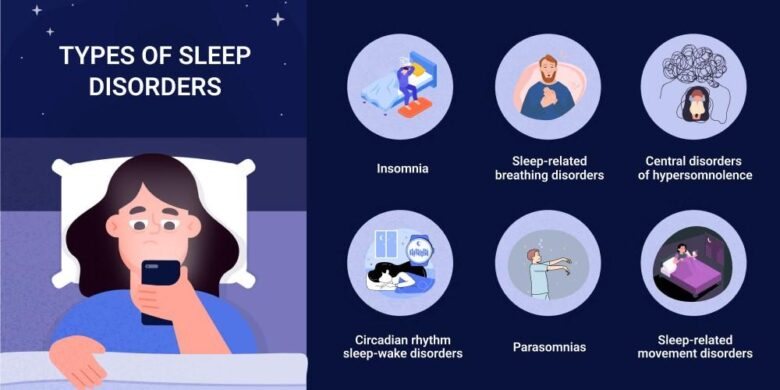In the shadowy realms of sleep, where the boundaries between dreams and reality blur, a silent epidemic often takes hold—sleep disorders. Millions of individuals find themselves wrestling with the elusive embrace of restful slumber, battling everything from insomnia to sleep apnea. While myriad solutions abound, a less conventional contender has emerged from the fringes of medical discourse: testosterone therapy. Typically associated with vitality and vigor, testosterone’s potential role in correcting sleep disturbances has begun to captivate researchers and clinicians alike. As we delve into the intricate relationship between hormones and sleep, this article will explore the promise, challenges, and ongoing conversations surrounding testosterone therapy as a treatment for sleep disorders, offering insights into how this hormone might help restore harmony to our nightly repose.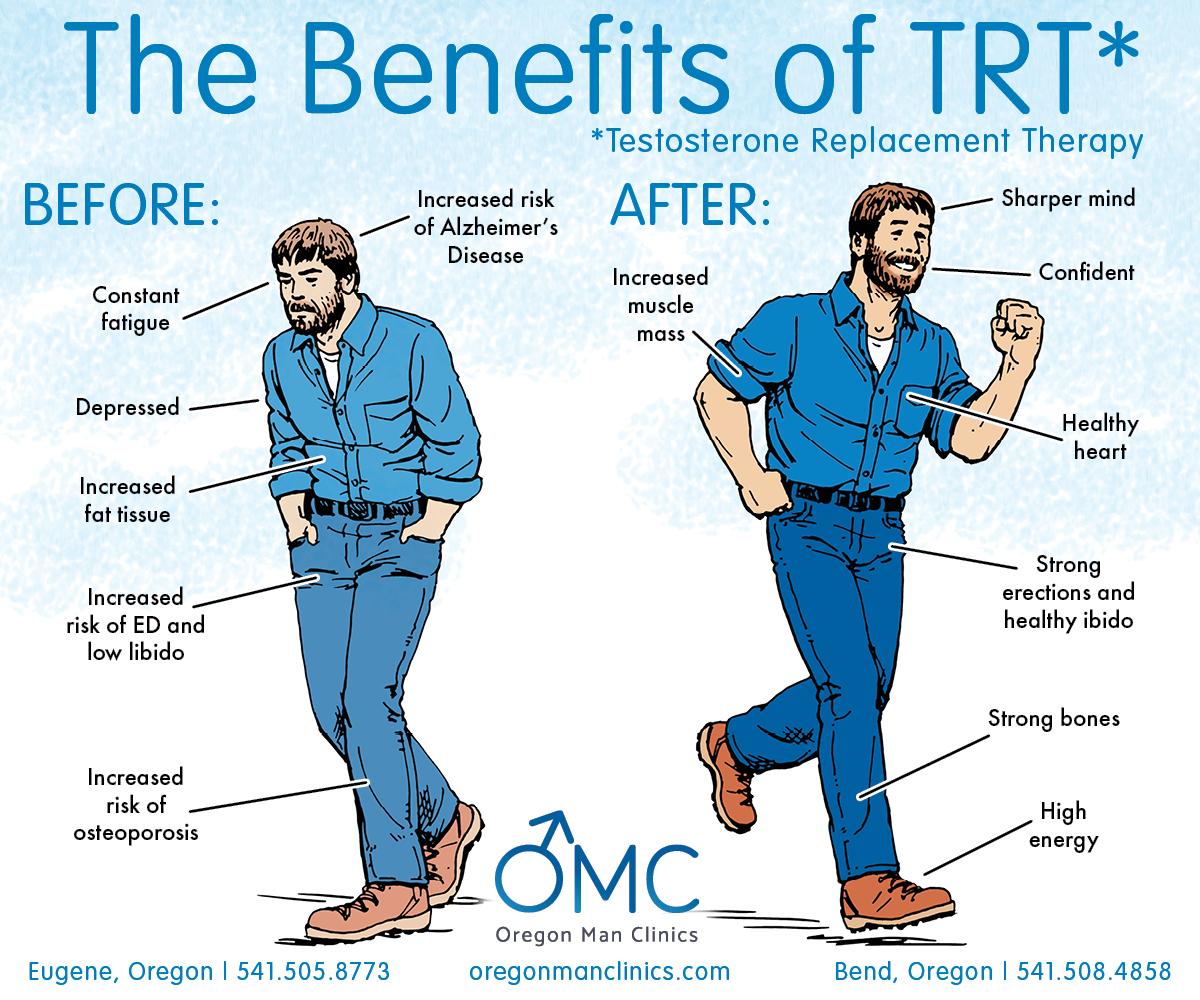
Understanding the Connection Between Testosterone and Sleep Disorders
Testosterone plays a vital role in regulating various physiological functions, including mood, energy levels, and, notably, sleep quality. Research indicates that low testosterone levels can significantly impact sleep patterns, leading to disorders such as insomnia and obstructive sleep apnea. Men, in particular, may experience a cyclical relationship between testosterone and sleep; as testosterone levels drop due to poor sleep quality, this, in turn, exacerbates sleep issues, creating a feedback loop that can be difficult to break.
Addressing testosterone deficiency may offer a promising avenue for improving sleep disorders. Many patients report enhanced sleep quality and duration following testosterone therapy. Here are some potential benefits of testosterone therapy in relation to sleep:
- Improved Sleep Efficiency: Higher testosterone levels are associated with increased time spent in deep sleep.
- Reduced Sleep Apnea Symptoms: Therapy may alleviate the severity of breathing interruptions during sleep.
- Enhanced Mood and Energy: Adequate testosterone levels can improve overall mood, making it easier to fall and stay asleep.
| Testosterone Levels | Sleep Quality | Potential Sleep Disorders |
|---|---|---|
| Low | Poor | Insomnia, Sleep Apnea |
| Normal | Good | Less Likely |
| High | Variable | Potential Restlessness |
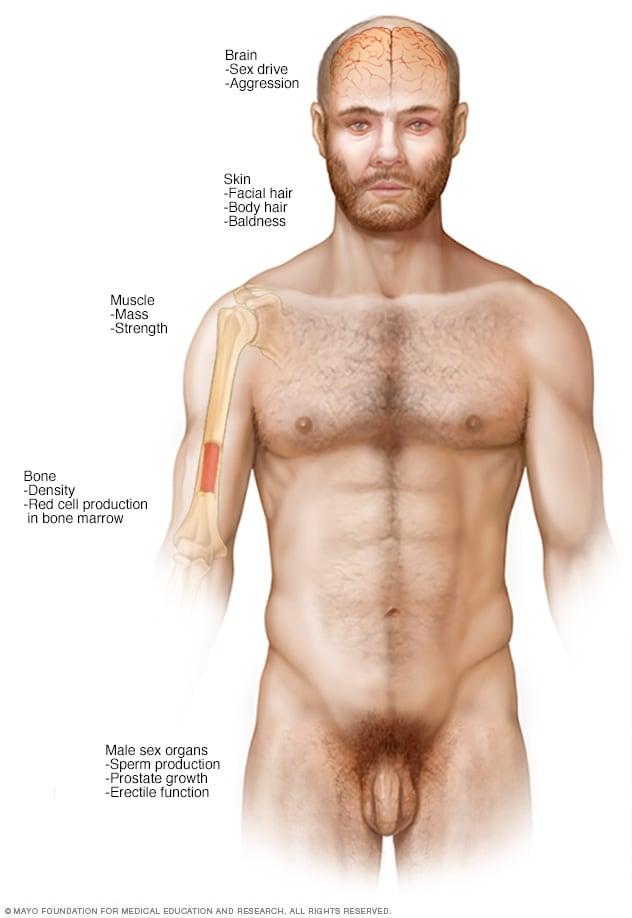
The Science Behind Testosterone Therapy and Its Impact on Sleep Quality
Testosterone plays a crucial role in various bodily functions, including the regulation of sleep patterns. Research indicates that adequate testosterone levels not only support a healthy libido and muscle mass but also contribute to improved sleep quality. Lower levels of testosterone have been linked to sleep disturbances, such as insomnia and obstructive sleep apnea. With testosterone therapy, individuals often experience enhanced REM sleep, which is essential for cognitive functioning and emotional balance. Studies have shown that restoring optimal testosterone levels can lead to fewer awakenings throughout the night and an overall increase in sleep efficiency.
Moreover, the benefits of testosterone therapy extend beyond mere sleep improvement. When testosterone levels reach a balanced state, individuals may notice a significant reduction in daytime fatigue and mood swings. This interplay between hormone levels and sleep can create a positive feedback loop; improved sleep enhances daytime alertness, which can further stimulate hormonal balance. A closer look at various studies suggests the following effects of testosterone therapy on sleep:
| Effect | Description |
|---|---|
| Reduced Insomnia | Patients report notable decreases in difficulty falling and staying asleep. |
| Decreased Sleep Apnea Incidence | Some studies show a lower prevalence of obstructive sleep apnea among those undergoing therapy. |
| Enhanced Sleep Quality | Improved perception of sleep quality, leading to more refreshing nights. |
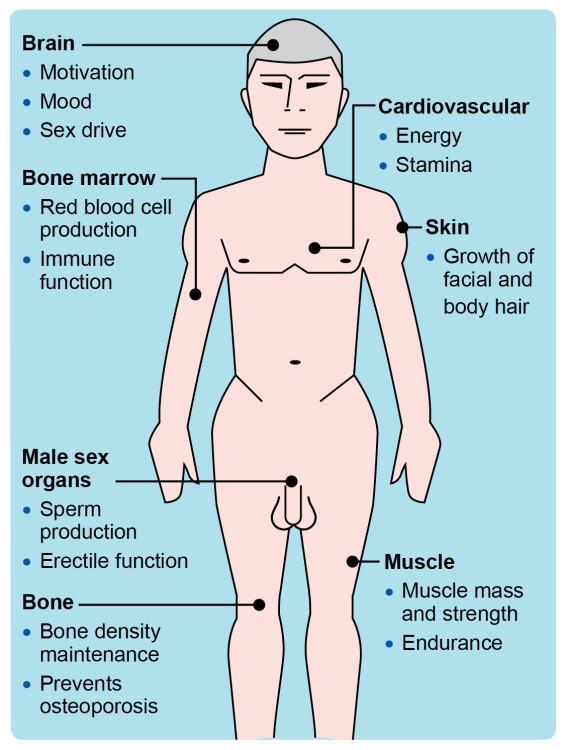
Identifying the Symptoms of Sleep Disorders Linked to Low Testosterone Levels
Low testosterone levels can significantly impact a person’s sleep quality, manifesting in various symptoms that can disrupt nightly rest. Individuals may experience insomnia, characterized by difficulty falling asleep or staying asleep throughout the night. Additionally, excessive daytime sleepiness can be prevalent, leading to challenges in concentration and mood fluctuations. Other symptoms include restless legs syndrome and night sweats, both of which create an uncomfortable sleeping environment. These disturbances can not only impede sleep but also affect overall health and well-being.
Recognizing the signs associated with sleep issues linked to low testosterone is crucial for seeking appropriate treatment. Common indicators include:
- Changes in sleep patterns: Increased awakenings or reduced deep sleep.
- Fatigue: Persistent exhaustion even after a full night’s sleep.
- Weight gain: Unexplained changes in body composition, often accompanied by sleep apnea.
- Mood changes: Increased irritability or symptoms of depression.
Understanding these symptoms can empower individuals to address their concerns with healthcare professionals, exploring potential solutions such as testosterone therapy. By doing so, they may find relief from sleep disorders and ultimately enhance their quality of life.
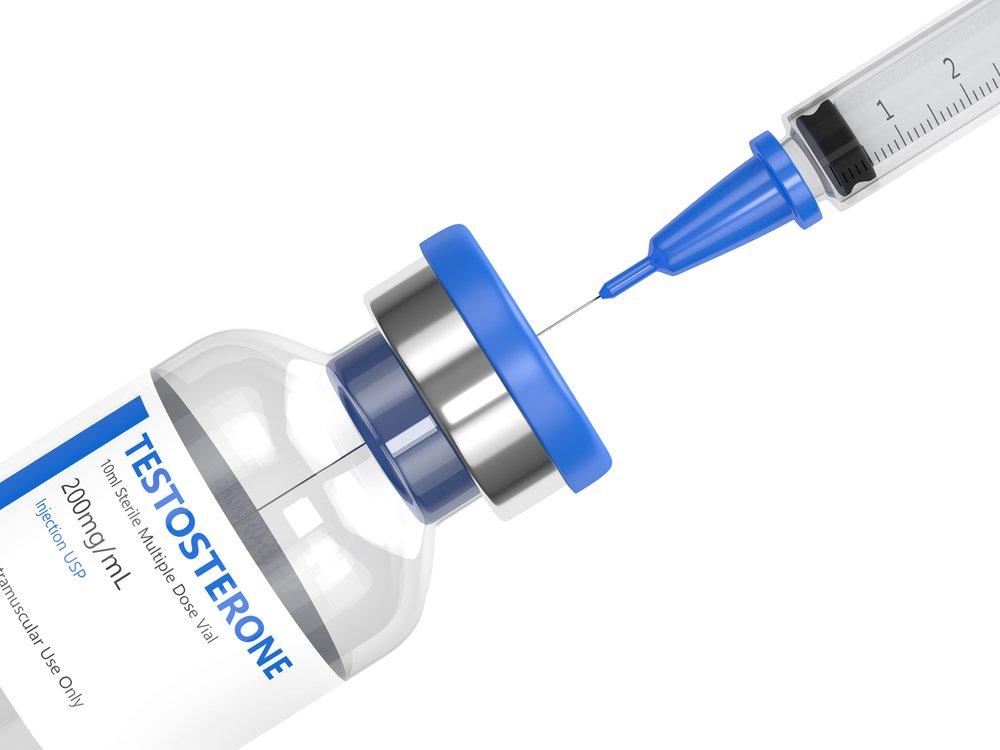
Evaluating the Benefits and Risks of Testosterone Therapy for Sleep Improvement
When considering testosterone therapy as a potential remedy for sleep disturbances, it’s vital to weigh both the benefits and risks associated with its use. Many studies suggest that testosterone can enhance sleep quality by promoting deeper sleep cycles and reducing episodes of sleep apnea. The potential advantages include:
- Improved Sleep Quality: Users often report experiencing more restorative sleep.
- Increased Energy Levels: A better night’s rest can translate into a more energetic day.
- Enhanced Mood and Cognitive Function: An improvement in sleep can lead to better mental well-being.
However, the therapy is not without its potential drawbacks. Some men may experience side effects that could outweigh the positives, including:
- Hormonal Imbalance: Introducing testosterone can disrupt normal hormone levels, affecting various bodily systems.
- Increased Risk of Sleep Apnea: Paradoxically, testosterone therapy may worsen sleep apnea in some individuals.
- Cardiovascular Risks: Concerns have been raised about the potential for an increased risk of heart problems.
| Benefit | Risk |
|---|---|
| Better sleep quality | Hormonal imbalance |
| Increased energy | Worsening of sleep apnea |
| Enhanced mood | Potential cardiovascular risks |
Best Practices for Initiating and Monitoring Testosterone Therapy
When initiating testosterone therapy, it is crucial to establish a comprehensive plan that considers individual health conditions and concerns. Begin with a detailed assessment that includes thorough medical history, symptom evaluation, and laboratory testing. Personalized baseline measurements should be taken to understand the patient’s hormonal levels. Consider these essential steps:
- Informed Consent: Ensure patients understand the potential benefits and risks involved with therapy.
- Regular Monitoring: Schedule follow-up appointments to track testosterone levels and side effects.
- Lifestyle Modifications: Encourage healthy habits to enhance therapy results, including diet and exercise.
Continuous monitoring of testosterone therapy is as vital as its initiation. Both the dosage and the frequency of administration may need adjustments over time. Keep in mind the following monitoring strategies:
- Blood Tests: Conduct assessments every 3–6 months, evaluating testosterone and hematocrit levels.
- Symptom Tracking: Use patient-reported outcomes to gauge improvements in sleep quality and overall well-being.
- Evaluate Side Effects: Watch for any adverse effects that may result from therapy, like sleep apnea or mood changes.
Alternative Approaches to Managing Sleep Disorders in Men
As sleep disorders become increasingly recognized among men, alternative management approaches are gaining attention. One promising avenue is the use of testosterone therapy, which has been linked to improvements in sleep quality. Low testosterone levels have been associated with conditions such as sleep apnea and insomnia. By addressing hormonal imbalances, testosterone therapy can potentially rectify underlying issues that disrupt sleep, thus offering a more holistic approach to treatment. Some common benefits of testosterone therapy in relation to sleep include:
- Enhanced Sleep Duration: Many men report longer and more restorative sleep cycles.
- Reduced Sleep Apnea Symptoms: Improved muscle tone in the throat area may alleviate obstruction during sleep.
- Better Mood Regulation: A stable hormonal environment can lead to decreased anxiety and stress, resulting in improved sleep quality.
However, it is essential to consider the potential risks and side effects of testosterone therapy, such as cardiovascular complications and hormonal imbalances. When assessing the suitability of this treatment, consultations with healthcare professionals are vital. They can perform the necessary evaluations and monitor therapy progress, ensuring safe and effective management of sleep disorders. Below is a simplified comparison of testosterone therapy versus traditional treatments for sleep disorders:
| Approach | Benefits | Considerations |
|---|---|---|
| Testosterone Therapy | Improves sleep quality; Addresses hormonal imbalances | Potential side effects; Requires medical supervision |
| Cognitive Behavioral Therapy (CBT) | Effective for insomnia; Behavioral change focus | Time-consuming; Requires commitment |
| Pharmacological Interventions | Quick symptom relief; Wide availability | Risk of dependency; Side effects |
Consultation Strategies for Discussing Sleep Issues with Healthcare Providers
When preparing for a conversation about sleep issues with your healthcare provider, consider outlining your main concerns and symptoms. Document specific details such as the duration and quality of your sleep, any daytime fatigue, and any factors you believe may contribute to your condition, including lifestyle habits or stressful events. You might find it helpful to keep a sleep diary for a week prior to your appointment, where you record aspects like bedtime, wake-up time, and occurrences that disrupt your sleep. This data can provide your provider with a clearer picture and foster more productive discussions about potential treatments, including testosterone therapy.
During your consultation, don’t hesitate to ask relevant questions to ensure you fully understand the options available to you. Consider the following points for discussion:
- How testosterone therapy might address my specific sleep issues?
- What potential side effects should I be aware of?
- Are there alternative treatments that may be more suitable?
- What monitoring will be required during testosterone therapy?
Establishing a collaborative dialogue will empower you to make informed decisions about your treatment and effectively tackle your sleep-related challenges. Additionally, being open about any concerns and expectations regarding testosterone therapy can lead to a tailored approach that suits your individual needs.
Q&A
Q&A: Exploring Testosterone Therapy for Sleep Disorders
Q1: What is testosterone therapy, and how does it relate to sleep disorders?
A1: Testosterone therapy involves the administration of testosterone to individuals with low levels of this hormone, typically through injections, patches, or gels. Research suggests that testosterone plays a role in the regulation of sleep cycles, particularly in men. Low testosterone levels have been associated with sleep disturbances, including insomnia and obstructive sleep apnea, prompting the exploration of therapy as a potential treatment for sleep disorders.
Q2: Who might benefit from testosterone therapy for sleep-related issues?
A2: Individuals, particularly men, experiencing symptoms of low testosterone—such as fatigue, decreased libido, mood changes, and sleep problems—may find potential benefits from testosterone therapy. However, it’s essential for those considering this treatment to undergo thorough medical evaluations to assess hormone levels and identify any underlying conditions contributing to sleep disorders.
Q3: Are there specific sleep disorders that testosterone therapy might help?
A3: Studies indicate that testosterone therapy may have a positive impact on certain conditions like obstructive sleep apnea and insomnia among men with low testosterone levels. Its effects on overall sleep quality have shown promise, but results may vary significantly based on individual health profiles and the specific nature of sleep disorders.
Q4: What are the potential risks or side effects associated with testosterone therapy?
A4: While testosterone therapy can offer benefits, it can also carry risks. Potential side effects may include sleep apnea worsening, increased risk of cardiovascular issues, mood swings, and changes in cholesterol levels. It’s crucial for individuals to consult with healthcare professionals to weigh the benefits against the risks based on their personal health history.
Q5: How is testosterone therapy administered, and how long does it take to see results?
A5: Testosterone therapy can be administered through various methods, including intramuscular injections, transdermal patches, or topical gels. The time it takes to see results can vary widely; some individuals may notice improvements within a few weeks, while others might take several months for the full effects to manifest. Regular follow-up appointments with healthcare providers are essential to monitor progress and adjust dosages as necessary.
Q6: Are there any alternative treatments for sleep disorders aside from testosterone therapy?
A6: Yes, numerous alternative treatments exist for sleep disorders, including lifestyle changes (such as improved sleep hygiene), cognitive behavioral therapy, and pharmacological treatments like sleep aids. Some individuals might also benefit from natural supplements or therapies focused on relaxation techniques. An integrative approach, considering both hormone therapy and non-hormonal options, may provide the best outcomes under the supervision of a healthcare provider.
Q7: What is the current stance in the medical community regarding testosterone therapy for sleep disorders?
A7: The medical community remains divided on the use of testosterone therapy specifically for sleep disorders. Some professionals advocate for its use in cases of documented low testosterone levels and associated sleep disturbances, while others emphasize the need for more extensive research to fully establish safety and efficacy. Ongoing studies are crucial to gain clearer insights into how testosterone therapy can be best utilized in managing sleep disorders.
Q8: Where can individuals learn more about testosterone therapy and its impacts on sleep?
A8: Individuals looking to learn more should consult healthcare professionals specializing in endocrinology or sleep medicine. Reputable medical websites, clinical trials databases, and current medical journals also offer a wealth of information. Engaging with support groups and communities can provide personal insights and experiences from others who have undergone testosterone therapy for sleep disorders.
Future Outlook
As we unravel the intricate connections between hormones and sleep, it becomes evident that testosterone therapy may hold promising potential for those grappling with sleep disorders. While the research continues to evolve, one thing remains clear: understanding the role of testosterone in our overall well-being is a journey worth embarking upon.
While this therapy may not be a universal remedy, it provides a glimmer of hope for many seeking restorative rest. As with any medical treatment, it’s essential to approach testosterone therapy with caution and consultation, ensuring a tailored strategy that aligns with individual health needs.
the pursuit of better sleep is not just about the hours we clock in slumber, but the quality and rejuvenation those hours bring. As we continue to explore the healing potential of hormonal balance, may we find new pathways to sound sleep and renewed vitality. After all, a well-rested mind and body is a cornerstone of our overall health, and the quest for restful nights remains an invaluable endeavor.

